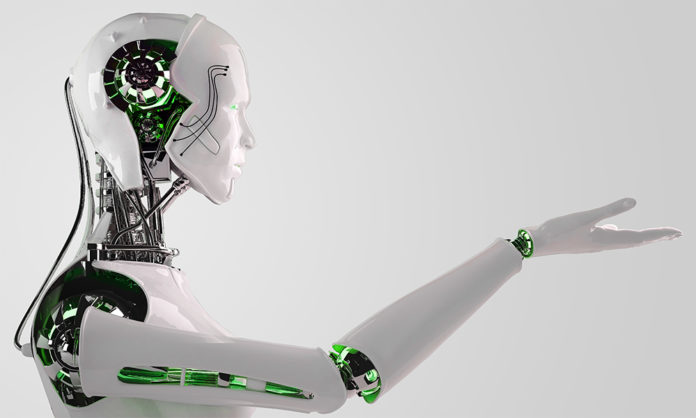

The year 2017 witnessed a global outage of computer systems because of WannaCry Ransomware attack. And it was believed that over 75,000 of medical systems operating for National Health Service (NHS) in England and Scotland were virtually shut down for several days for the North Korea propelled digital outage.
This includes cancellation of critical care appointments as most of the MRI Scanners, blood storage refrigerators, operational theatres and connected ventilators could not be operated under normal circumstances.
To counter such issues in near future, scientists at the Ben-Gurion University of the Negev (BGU) have developed an AI based solution that helps in defending medical devices against malware spread or other malicious cyber attacks.
Tom Mahler, a PHD student at BGU, is leading a team of experts who are working on an artificial intelligence based technique that helps in eliminating or reducing potential cyber threats occurring from digital attacks or other human errors.
BGU research claims an AI based surveillance to be implemented on the instructions taking place between a PC to the physical components. Crafted as dual layer architecture, the model can also be inducted into the existing medical devices, thus making them secure against most sophisticated cyber attacks.
Still, a lot of research and analysis has to be done on the AI architecture.
However, a synopsis was presented at the 2020 International Conference on Artificial Intelligence in Medicine (AIME 2020) on a recent note.





















